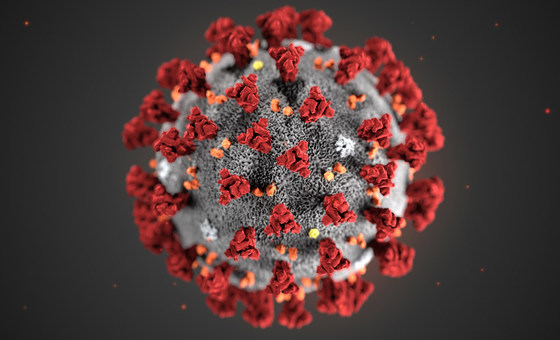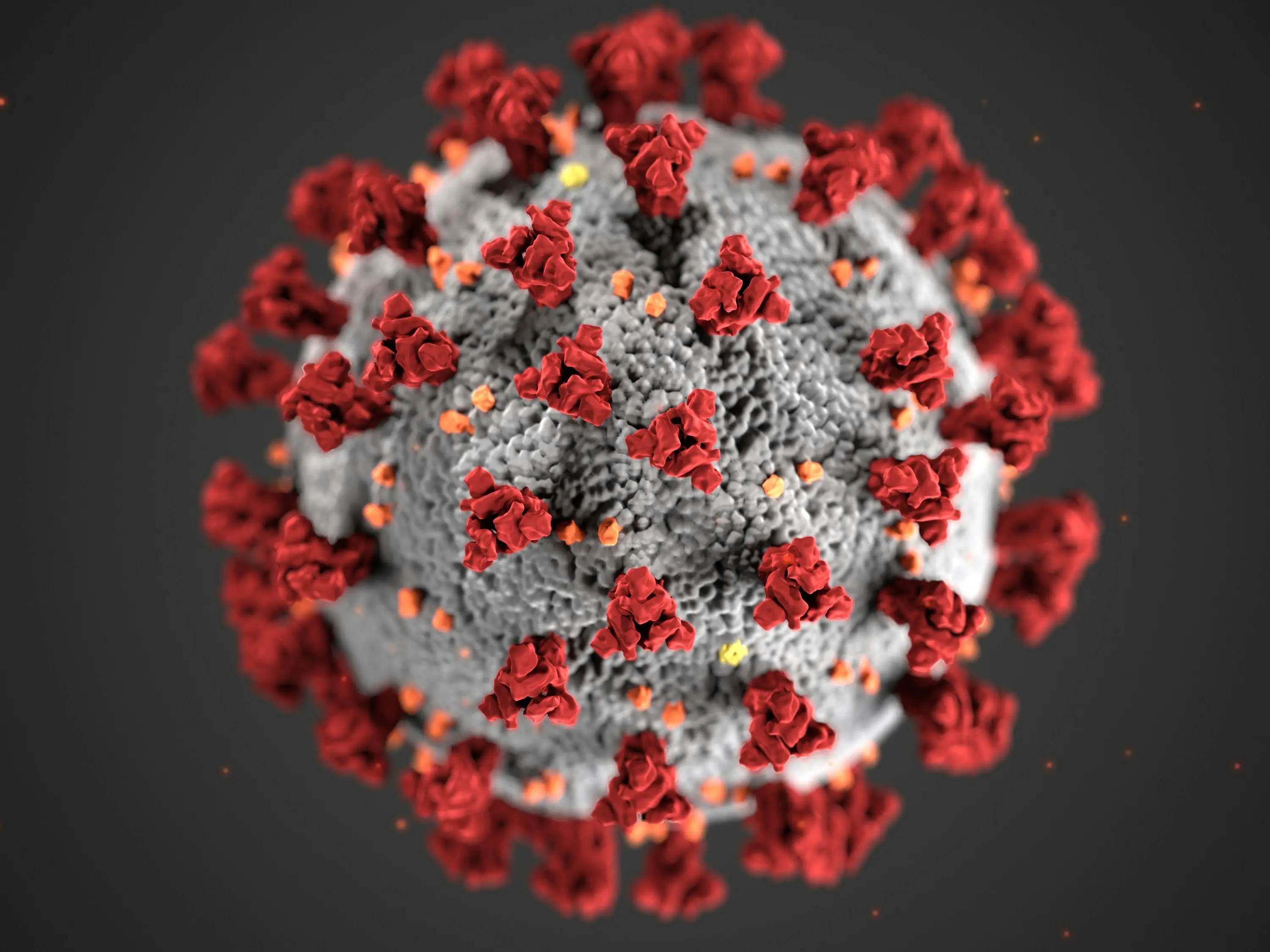COVID-19 resurgence in Asia: JN.1 variant triggers fresh wave of infections

NEW DELHI: A fresh wave of COVID-19 infections is sweeping across parts of Asia, driven primarily by the fast-spreading JN.1 variant — a sublineage of Omicron BA.2.86. Health authorities in countries including Hong Kong, Singapore, Thailand, and India are raising concerns over a marked increase in cases, though most infections are currently mild in nature.
Spike in infections across Asia
Singapore has reported a 28% week-on-week surge in COVID-19 cases, with numbers rising from 11,100 to 14,200 in the week ending May 3. Hospital admissions have also increased by 30%, although the number of patients in intensive care units remains stable, according to Singapore’s Ministry of Health.
In Hong Kong, the Centre for Health Protection stated that 31 severe cases and 31 virus-related deaths were recorded in the first week of May — the highest since early 2024. The city’s health officials are advising vulnerable populations to resume mask usage in public spaces.
Thailand is witnessing a doubling of its weekly COVID-19 case count. The country reported 33,030 infections for the week ending May 17, compared to just over 16,000 the previous week. Major urban centers such as Bangkok, Chon Buri, and Nonthaburi have emerged as hotspots.
India sees mild uptick, maintains vigilance
In India, the Ministry of Health and Family Welfare has reported 257 active COVID-19 cases as of May 19. While numbers remain low compared to other nations, the government has instructed states to remain vigilant, particularly in the southern states of Kerala, Maharashtra, and Tamil Nadu where the majority of cases have been reported.
Officials have emphasized that the current infections are mostly mild and do not require hospitalization. However, surveillance at airports and ports has been intensified, and states have been asked to ensure hospital readiness.
What is the JN.1 variant?
The JN.1 variant is a subvariant of Omicron’s BA.2.86 lineage, first detected globally in late 2023. It is characterized by a high number of spike protein mutations that may enhance its ability to spread and partially evade immunity developed through vaccination or previous infections.
Common symptoms include:
-
Dry cough
-
Fever
-
Runny nose
-
Fatigue
-
Sore throat
-
Loss of taste or smell
The World Health Organization (WHO) has classified JN.1 as a "variant of interest" and is closely monitoring its spread.
Precautions and vaccine response
Health officials across Asia are urging citizens to:
-
Wear masks in crowded or enclosed areas
-
Maintain regular hand hygiene
-
Stay home if symptomatic
-
Avoid large gatherings when possible
In India, health experts are recommending booster doses, especially for senior citizens and those with comorbidities. The mRNA-based GEMCOVAC-19 vaccine, tailored to tackle Omicron strains, is currently available and expected to offer reasonable protection against the JN.1 variant.
Outlook
While the JN.1-driven surge has not led to overwhelming hospitalization or fatality spikes so far, experts warn that timely intervention is critical. Regional governments are watching trends closely and are prepared to reinstate stricter measures if the wave intensifies.
The public is advised to remain cautious, stay informed, and follow all advisories from national health authorities.










